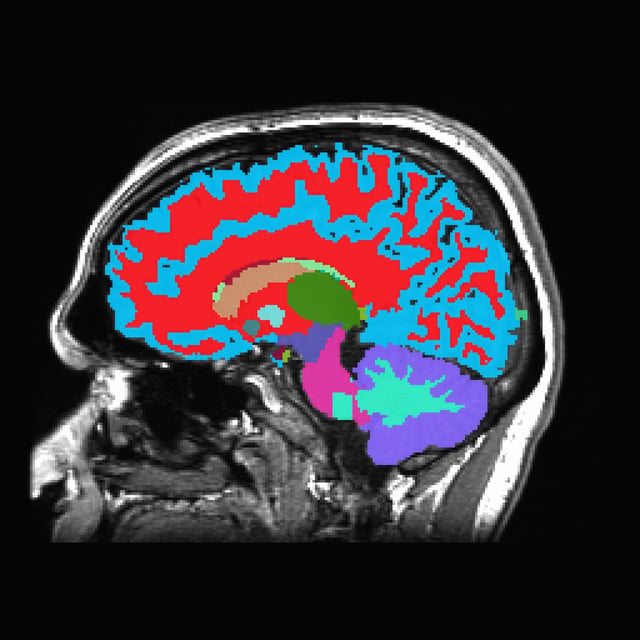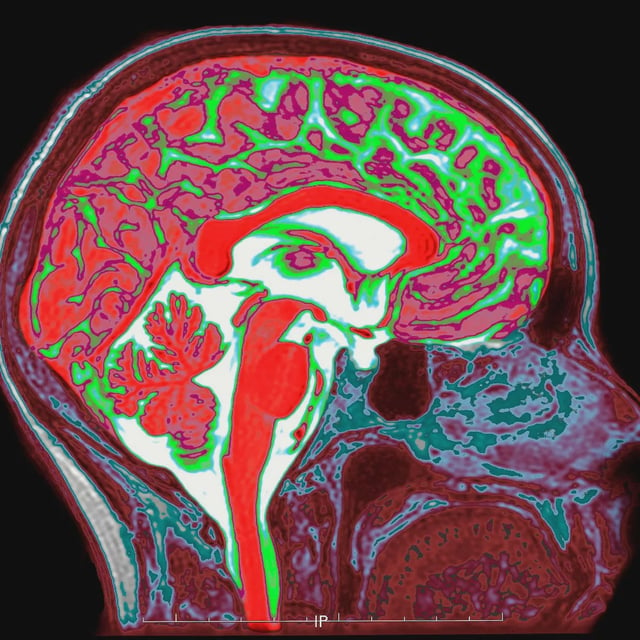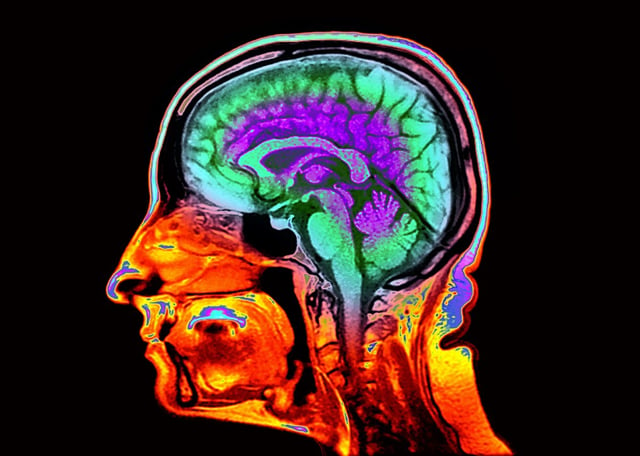Overview
- DunedinPACNI was trained on T1-weighted MRI scans of 860 Dunedin Study participants at age 45, linking brain structure to nearly two decades of biomarker-derived Pace of Aging scores
- Published July 1 in Nature Aging, the tool identified that faster MRI-derived aging rates correspond to a 60% higher dementia risk, an 18% increase in chronic disease likelihood, and a 40% rise in mortality
- External validation across ADNI, UK Biobank, and BrainLat cohorts confirmed consistent predictive accuracy across diverse socioeconomic, racial, and geographic groups
- The open-source algorithm is now freely available on GitHub, enabling researchers to analyze existing brain MRI datasets for aging rate assessments
- Researchers stress that further studies and clinical trials are required to confirm causal pathways and to establish practical clinical applications



